
Standardisation and technical work
Hygiene
Standardisation also provides safety in the area of hygiene.
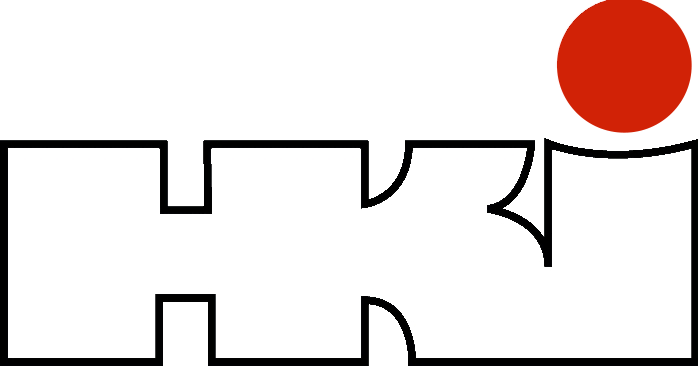
The HKI Industrieverband Haus-, Heiz- und Küchentechnik e.V. is a technology-oriented association. This is a central focus of the association's work. Among other things, this is also shown by the fact that the HKI is the sponsor of the external DIN Standards Committee for Heating, Cooking and Warming Appliances(FNH). The preparation and revision of standards is part of the everyday work of the FHN and thus also the HKI. Although a standard has no legal character, from the industry's point of view it is nevertheless of great importance for three reasons: 1) Laws and regulations can refer to standards and thus become binding. What is interesting is that such laws often have a superordinate character, i.e. they have an effect on numerous different types of products. An example is the Machinery Directive, which affects everything from hair dryers to nuclear power plants. Therefore, such laws can usually hardly or not at all be influenced. The standards, however, which are supposed to define the individual characteristics of the regulation, can very well be co-designed. 2) Standards help with market access. A manufacturer of printer paper is not obliged to offer it in DIN A4. However, if he wants his product to be in demand, he should do so. This can be relevant, for example, in tenders where product characteristics are defined with the help of standards. 3) Standards can create legal certainty. If, for example, an accident or fire occurs during an installation, but the installation and the equipment comply with the relevant standards, it can be documented that the installation was carried out to the best of one's knowledge and belief. This is because the standards represent the current state of the art, which is recorded by the relevant experts and legitimised by the public. For these reasons, the technical work in the association is given a very high priority.

Standardisation and technical work
Standardisation also provides safety in the area of hygiene.
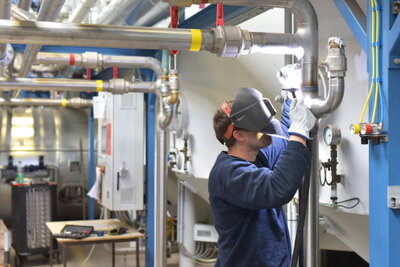
Standardisation and technical work
Safety through professional installation
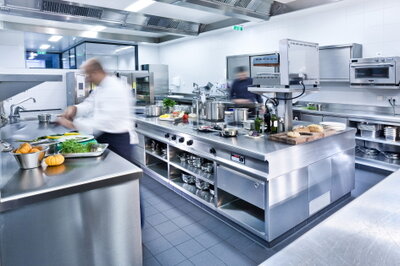
Standardisation and technical work
Normative requirements and testing for construction and operation
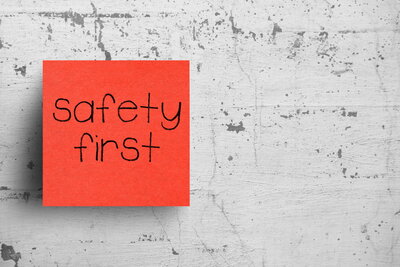
Standardisation and technical work
Safety first

Standardisation and technical work
The importance of standardization in environmental protection lies in the fact that many national and European regulations refer to standards. This helps to relieve the burden on environmental legislation.

Standardisation and technical work
It has long since begun

Hygiene
Standards provide guidance - also in terms of food hygiene
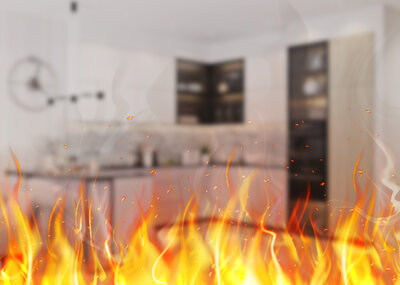
Safety
Residential heating appliances are subject to various requirements regarding their construction and operation

Hygiene
Anything that comes into contact with food must meet certain requirements.
Installation
Capping the peaks
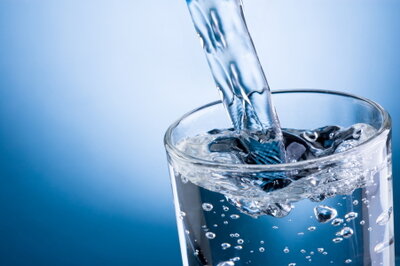
Hygiene
Drinking water is probably the most heavily regulated foodstuff

Safety
Protection against electrical hazards

Safety
Protection against mechanical injuries

Environment - Standardisation
Without standardisation on energy efficiency, no comparisons are possible.
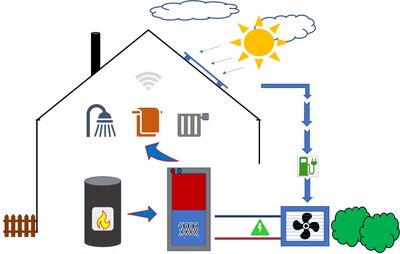
Installation
Independent heat supply with maximum energy efficiency

Environment - Standardisation
The Environmental Product Declaration provides a basis for assessing the sustainability of products
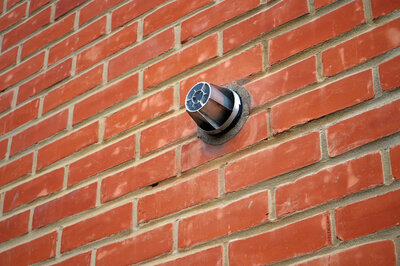
Installation
The HKI is committed to the unproblematic operation of solid fuel heating appliances and home ventilation systems in buildings